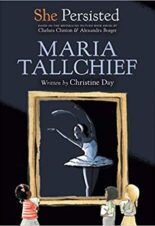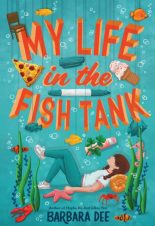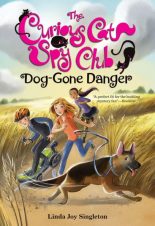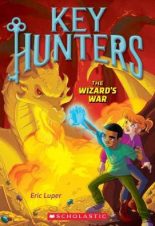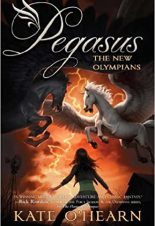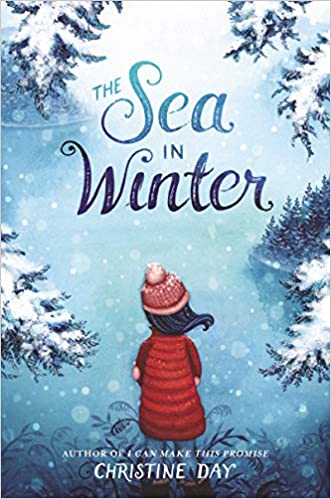
Buy This Book
Other books by Christine Day
"Dreams change. Realities change. People change. We all go through it in different ways,” Mom. –The Sea in Winter
The Sea in Winter
by Christine Day
AR Test, Diverse Characters, Teaches About Culture
4.9
Score
8+
272
Maisie’s life has revolved around ballet since she was four. Her friends, life, and dream of becoming a ballerina all revolve around her love of dance. However, during the critical period when Maisie and her friends are preparing to audition to attend premier dance schools, Maisie injures her knee. Confined to crutches and physical therapy, her injury may prevent her from ever dancing again. Her only hope is to get better by summer.
However, as her injury persists, Maisie’s family takes a road trip. During this time, she struggles to be happy for her friends who are preparing for their auditions. Maisie also feels disconnected from her family’s happiness. Desperate to prove she’s recovering, Maisie forces herself to go on hikes despite the pain in her knee. Maise’s frustration with her injury makes her feel irritable. She lashes out at her stepfather and her mother during their trip, straining their relationship. Even though she regrets her outbursts, Maisie struggles to find the strength to apologize.
Eventually, Maisie’s injury worsens because she pushes herself too hard during a hike. Maisie is rushed to the hospital, unable to walk or move her leg without intense pain. With her dream of dancing out of reach, Maisie breaks down and admits that she’s having trouble managing her emotions. She knows she must give up dance, but she feels like she’s giving up on herself. Her stepdad tells her, “None of this means you’ve failed. It just means that you’re moving forward. Which is about the bravest thing any of us can do.”
The Sea in Winter is a story about learning to grow from setbacks. It is an easy read with a simple plot and only a few main characters. However, at times the text is very descriptive, such as long passages about the scenery on the family’s hikes or the food the family eats. Because of these detailed passages, the book moves slowly at times. The overall message—finding the strength to move on during setbacks—is a good lesson, but it can get lost in these descriptions.
Dancers would enjoy this book because of the use of dancing terms and the occasional flashbacks to Maisie’s ballet classes. These events might be better understood by people with an interest or background in dance. However, familiarity with ballet isn’t necessary because the main story happens after Maisie’s injury.
The book references the Makah and Piscataway cultures, two Indigenous tribes in North America. Maisie’s mother is Makah and her father is Piscataway. Her parents refer to stories about their tribes’ hardships to show Maisie that relying on others during hard times and connecting with one’s culture can help you through major life changes. In a time of grief, Maisie’s mother “turned to the teachings of my ancestors, for one thing. I looked back at our history of resilience and survival. How the Makahs managed to bring their community together, despite horrible events.”
The narrator, Maisie, is very honest with the reader about how she feels, even when she struggles to admit it out loud. Maisie is in middle school, a trying time for children as they discover who they are and make decisions about their future. Growing up can be confusing and stressful – especially when things don’t go according to plan. Maisie’s frustrations are relatable to anyone who feels like the world is moving on without them. However, no one has to face the world alone. This story emphasizes the power of family as a support structure. It encourages someone who is struggling, to depend on the people around them when they encounter things they cannot handle on their own.
The Sea in Winter ends on a positive note for Maisie as she branches out into new interests and rekindles her relationships with her friends. Though moving on from dance and re-discovering herself is not an easy task, Maisie finds strength in sharing her feelings with others. She relies on her family and stories of perseverance and allows herself to dream new dreams and set new goals. The book ends with Maisie declaring: “I choose onward.”
Sexual Content
- Two characters on a TV show kiss. “Phillipe huffs in frustration, takes [Catriona’s] face in both hands, and kisses her on the mouth.”
Violence
- The book discusses a protest against the Makah Native Americans, who were legally allowed to resume their tribal tradition of whale hunting. Some of the protestors had signs and bumper stickers that said: “Save a whale, kill a Makah.”
- Maisie’s father died while serving in Afghanistan. Maisie says, “I know that [my father] was killed in action before my first birthday.”
- Maisie says that her stepdad’s grandfather, who they called See-yah, was abused in school for speaking his native language. “His teachers tried to beat the Klallam language out of him.”
- Maisie’s mother admits that she hit one of the men who delivered the news of Maisie’s father’s death. Maisie’s mother, “hit one of the men square in the chest, and slapped him across the face, before [she] collapsed in a heap on the floor.”
Drugs and Alcohol
- None
Language
- Maisie calls a TV commercial “stupid.”
- Maisie snaps at her mom and says, “Why are you always on your stupid phone?”
- Maisie says her injury is the result of “a stupid decision.”
Supernatural
- None
Spiritual Content
- None
Other books by Christine Day
"Dreams change. Realities change. People change. We all go through it in different ways,” Mom. –The Sea in Winter
Latest Reviews
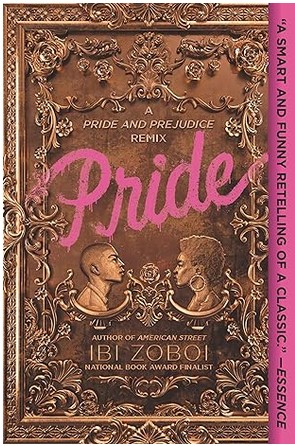
Pride: A Pride & Prejudice Remix
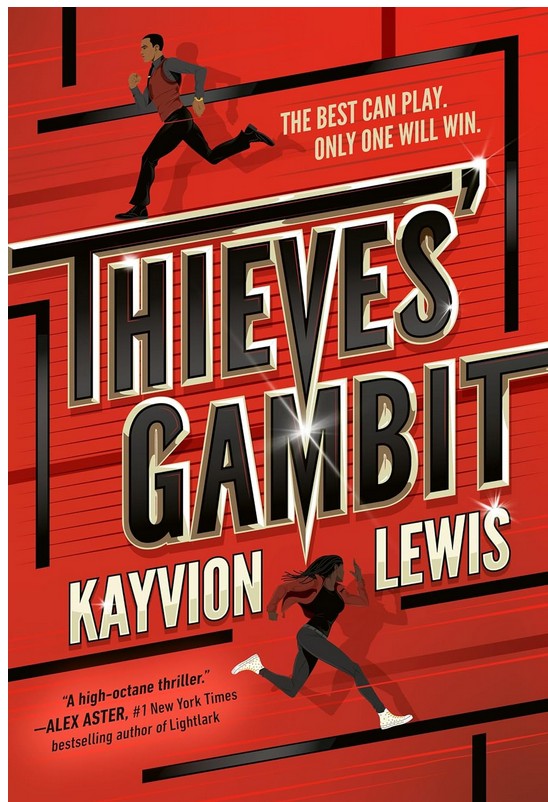
Thieves’ Gambit #1
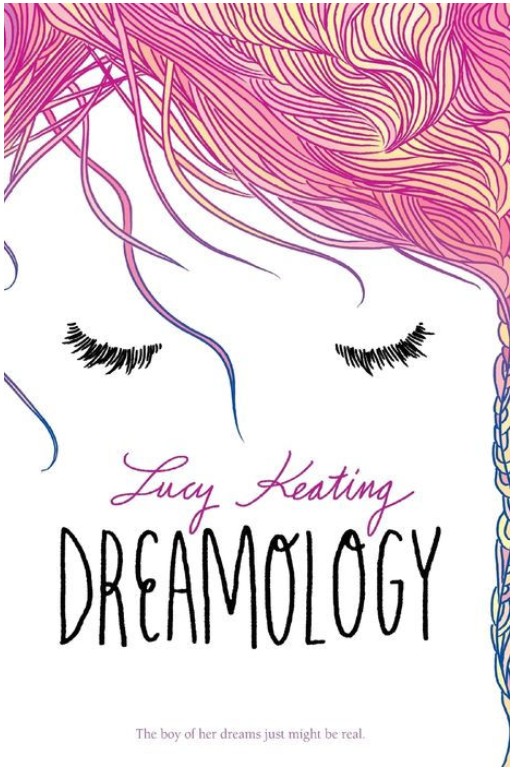
Dreamology
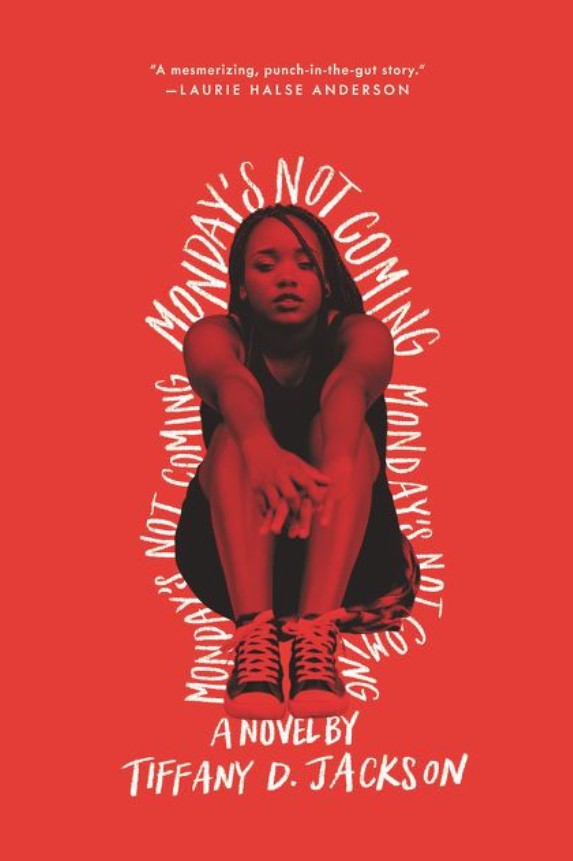
Monday’s Not Coming
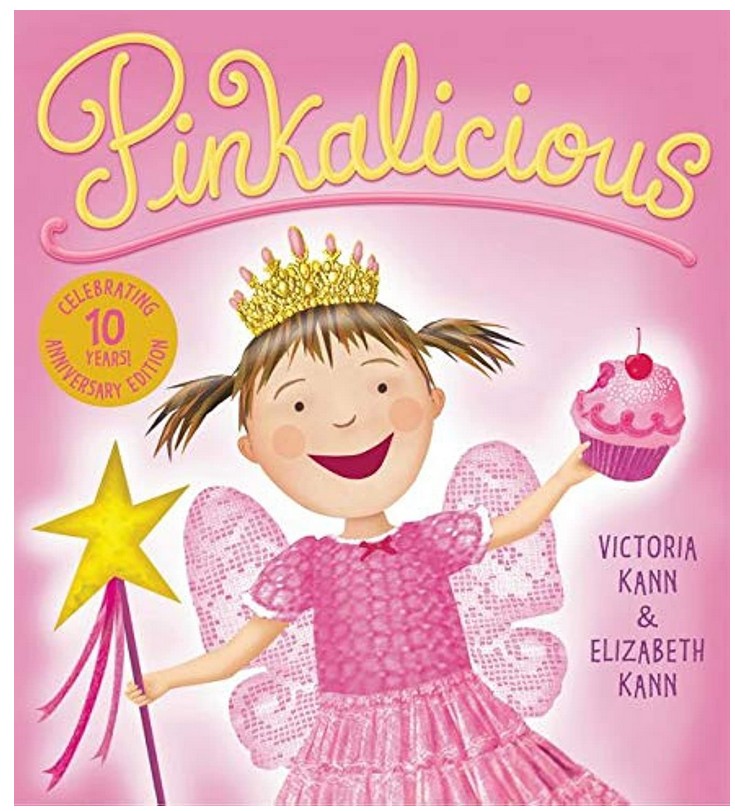
Pinkalicious

Driven

Goodbye Days

Blood of Troy

Will’s Race for Home

